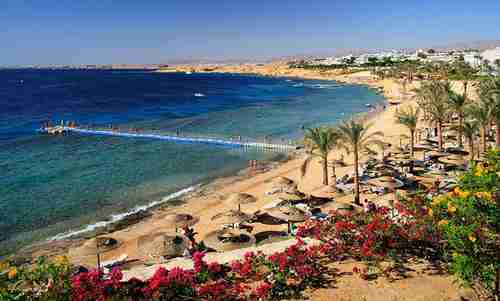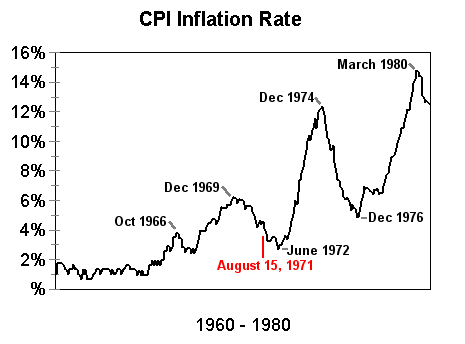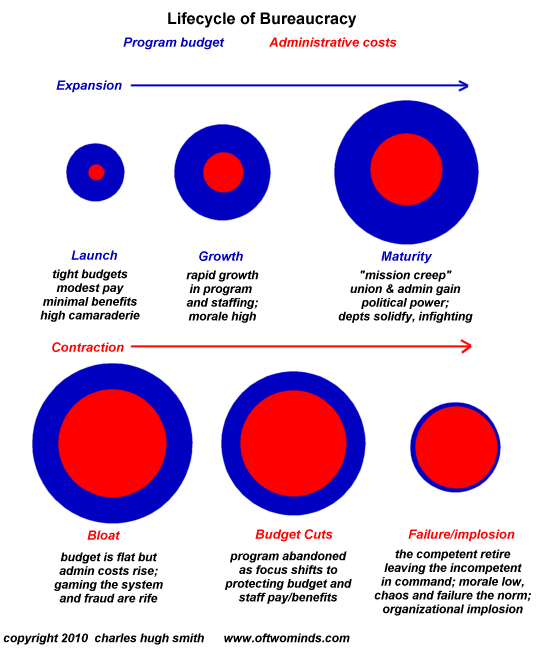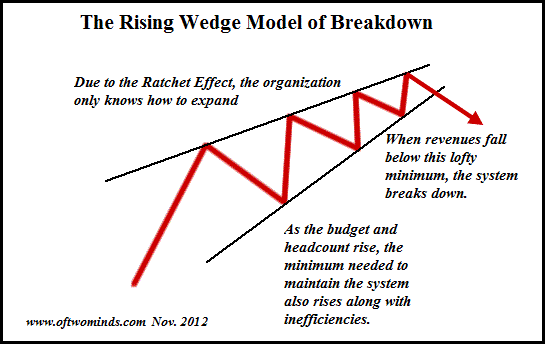*** 4-Nov-15 World View -- Presidents of China and Taiwan to meet in Singapore on Saturday
This morning's key headlines from
GenerationalDynamics.com
- Presidents of China and Taiwan to meet in Singapore on Saturday
- China asserts a 'bottom line' to US in South China Sea
****
**** Presidents of China and Taiwan to meet in Singapore on Saturday
****
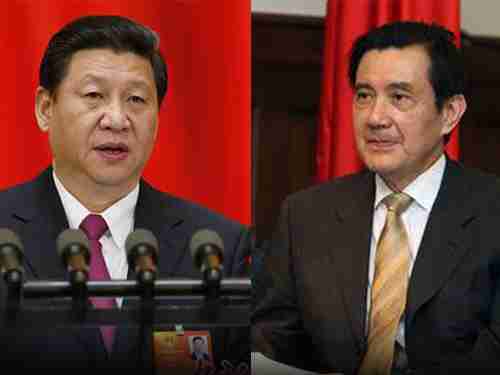 Xi Jinping (left) and Ma Ying-jeou
Xi Jinping (left) and Ma Ying-jeou
According to a surprise announcement on Tuesday, China’s President Xi
Jinping and Taiwan’s President Ma Ying-jeou will meet and talk in
Singapore on Saturday.
This will be the first time that leaders of China and Taiwan have met
since Mao Zedong's Communist Revolution, China's massive civil war
that climaxed in 1949, when Mao's forced the Nationalist (KMT) forces,
led by Chiang Kai-shek, to flee to Formosa (Taiwan), passing through
Hong Kong, in 1949.
China has always considered Taiwan to be a province of China, but
feelings on Taiwan hardened against China considerably in 1989, when
Taiwan's population watched in horror as China's security forces
brutally massacred and killed thousands of innocently protesting
students in the Beijing's Tiananmen Square massacre. This triggered a
Taiwan student movement called "the Wild Lily rebellion," and led to
the creation of a new political party, Democratic Progressive Party
(DPP), which explicitly favored independence.
DPP has been in power in Taiwan for about half of the last 15 years,
and whenever they're in power, the Chinese Communist Party (CCP) in
Beijing totally freaks out, issuing one threat after another, saying
that it Taiwan makes even one tiny step in the direction of
independence, the China will declare war.
However, the KMT have been in power in Taiwan since 2008, and
relations between Taiwan and China have been relatively calm. The
2008 election was followed in China by the horrible Sichuan
earthquake, which began a period of international good will directed
at China, including a thaw in relations with Taiwan. Taiwan's new
president, Ma Ying-jeou, called for seizing "this historic opportunity
to achieve peace and co-prosperity, under the principle of "no
unification, no independence and no use of force." The two countries
have followed an ambiguous 1992 agreement that said that there's only
"one china," but does not explain what that means. (See
"Taiwan / China relations thaw in wake of election and earthquake"
from 2008.)
The first signal that this calm in relations was about to end was
KMT's disastrous losses in local elections across Taiwan
in November of last year. The election
occurred just weeks after the start of the massive Hong Kong
demonstrations, after China reneged on its promise, at the time Hong
Kong reverted to China in 1997, that Hong Kong would have full, free
elections. Many Taiwanese suddenly realized that their freedoms were
similarly threatened, and that Beijing could never be trusted not to
renege on any promise it made.
A presidential election is scheduled for January 16, and polls
indicate that the DPP is going to return to power, and with it, a more
pro-independence stance by the government. It's believed that
Tuesday's "thaw" in relations, announcing the meeting between Xi and
Ma, is related to the January 16 election. But what's the purpose?
One possible purpose is to bolster KMT's election fortunes. But
that could just as easily backfire, as KMT's opponents point
to China's interference in Taiwan's election.
Another possibility is that the two will announce some major new
China-Taiwan pro-unity initiative, and get it committed before DPP
takes power in January. Or, perhaps the purpose of the meeting is for
Xi to make some kind of military threat. When Xi took office in 2013,
he said that the situation with Taiwan could not go on much longer,
with the implication that China was preparing to use military force to
take control of Taiwan. So anything is possible.
Focus Taiwan and
AFP
****
**** China asserts a 'bottom line' to US in South China Sea
****
At a meeting of Southeast Asia defense ministers in the Association of
South East Asian Nations (ASEAN), both the US and China asserted their
positions with regard to the South China Sea.
More than half the world’s merchant tonnage through the South China
Sea, and China would be able to harass or target any country's
commercial shipping. China has been annexing regions in the South
China Sea that have historically belonged to other countries, and
continues and uses belligerent military operations to enforce its
seizures. China has claimed the entire South China Sea, including
regions historically belonging to Vietnam, Brunei, Malaysia,
Indonesia, Taiwan and the Philippines. China's claims are rejected by
almost everyone outside of China, and China refuses to submit them to
the United Nations court deciding such matters, apparently knowing
that they would lose.
China has used land reclamation projects to build a chain of man-made
islands in international waters around the Spratley Islands, and
apparently plans to use them as military naval bases. Recently, the
US challenged China by sending a surveillance ship to within 12 miles
of China's man-made islands, triggering a furious response from
China's Ministry of Defense.
At the ASEAN on Tuesday, Secretary of Defense Ash Carter is quoted as
reiterating previous statements that "The United States will fly,
sail, and operate wherever international law allows, as we do all
around the world."
China's defense minister Chang Wanquan was quoted as saying:
<QUOTE>"But that said, we need to do things that help us
defend our sovereign territory and I need to be very clear to you
that there is a bottom line to this."<END QUOTE>
It's not "very clear" what the "bottom line" is, but China has
repeatedly threatened to take military retaliation for future US
surveillance activities.
Reuters
KEYS: Generational Dynamics, China, Taiwan, Xi Jinping, Ma Ying-jeou,
Mao Zedong, KMT, Kuomintang, DPP, Democratic Progressive Party,
Chiang Kai-shek, Tiananmen Square massacre, Wild Lily Rebellion,
Association of South East Asian Nations, ASEAN,
South China Sea, Ash Carter, Chang Wanquan
Permanent web link to this article
Receive daily World View columns by e-mail
[Agent orange, bombers, napalm, and ordinance cost $] Now, of course if you're a kid and see 3 elder generations bickering at suppertime, it's easy to get the idea that all 3 are acting stupid.







